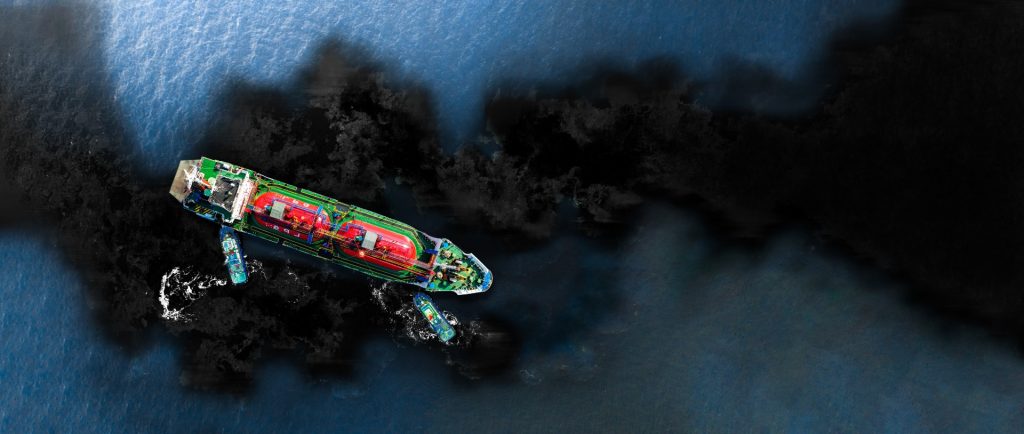Concerns grow after two Russian tankers spill thousands of tons of oil into the Black Sea.
Others are reading now
Puddles of oil have begun washing ashore along Russia’s Black Sea coast, just days after two aging Russian-flagged tankers were damaged, releasing thousands of tons of oil into the sea.
The spill has already started to impact beaches in the resort city of Anapa in Russia’s Krasnodar region, authorities confirmed on December 17.
Videos shared across social media show oil-streaked sands, water slicks, and birds coated in oil struggling to fly.
Governor Veniamin Kondratyev reported on Telegram that oil products had spread across several dozen kilometers of coastline.
Also read
Environmental experts have begun sounding the alarm, with comparisons being drawn to a 2007 oil spill in the same region.
Back then, a Russian tanker broke apart during a storm, spilling 1,300 tons of oil into the Black Sea, causing the deaths of tens of thousands of birds and marine animals.
Natalia Gozak, director of Greenpeace Ukraine, fears the current situation may be worse.
Early estimates suggest this spill could be nearly three times larger, with over 3,000 metric tons of oil released into the Kerch Strait—a key waterway connecting the Black Sea to the Sea of Azov.
Outdated Tankers to Blame
The spill occurred after a storm on December 15 tore the Volgoneft 212 tanker in half and pushed the Volgoneft 239 aground. Both vessels, which date back over 50 years, were reportedly sailing in violation of navigation regulations.
“The Russians are facing a serious environmental crisis in the Azov and Black Sea regions. Their fleet is outdated and unsafe,” stated Dmytro Pletenchuk, spokesperson for Ukraine’s navy, to DW.
The consequences of this spill could be catastrophic for marine life, local ecosystems, and tourism-dependent communities along the Black Sea coast.
Oil contamination not only suffocates marine animals and pollutes water but also devastates habitats for years.


